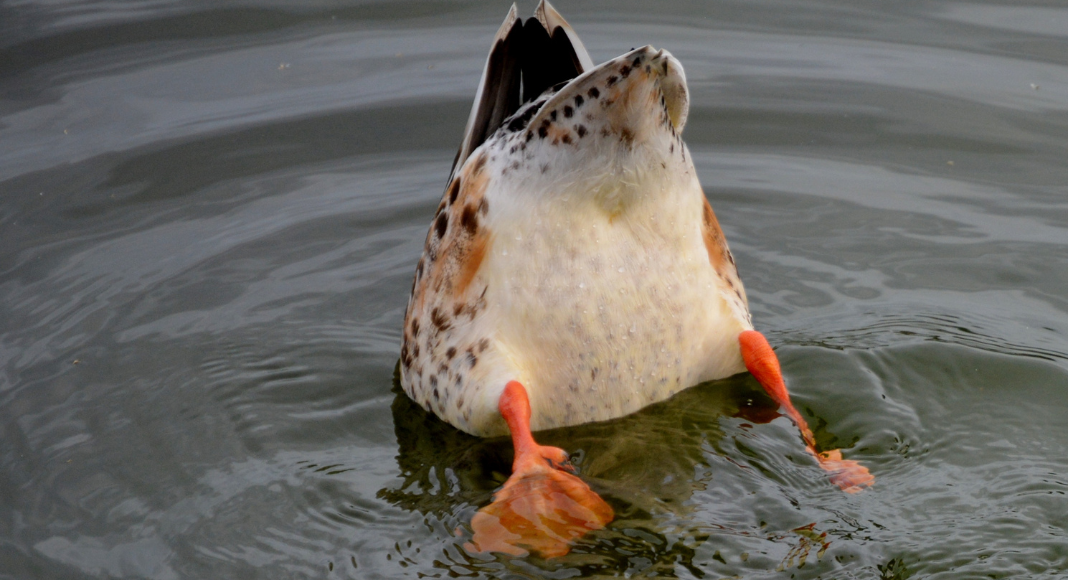 Why do ducks have tails? . . . To cover their butt-quacks.
Why do ducks have tails? . . . To cover their butt-quacks.
Butt jokes, fart jokes, potty humor . . . I recently decided I actually love this stage of parenting. These may or may not have been initiated by me, as I don’t think I ever grew out of this phase myself — I know, I make my parents so proud.
The giggles that erupt from my two young boys anytime we banter with potty humor is one of my favorite sounds in this world. I used to discourage it, but to connect with my kids in the safety of our own home, I now join in.
My 8-year-old has always been reluctant to be too mushy, and lovey-dovey (his younger brother is the exact opposite in this way, and many other ways). Within the last year, he started replying to my “I love you” with “I fart you.” I used to roll my eyes and persist until he would eventually concede with the appropriate reciprocation. Until just a few months ago . . .
Out of nowhere, I decided in a split second not to fight it or correct it. I simply smiled a crafty little smirk, and replied, “I vomit you.”
The floodgates of belly laughs opened wide, as my son continued . . .
Ever since that night, it’s become our goodnight wish to think of the most disgusting things to say to each other, and I have no regrets.
What used to be a moment of contention between us, has become a golden CONNECTION.
My kids love silly, and I love them.
 Of course, I’ve questioned myself regarding this matter. We do aim to teach them the boundaries of potty humor and appropriate behavior in public. But when we’re home, I want my kids to have freedom in this area, so long as it’s not hurting anyone.
Of course, I’ve questioned myself regarding this matter. We do aim to teach them the boundaries of potty humor and appropriate behavior in public. But when we’re home, I want my kids to have freedom in this area, so long as it’s not hurting anyone.
I decided to look into what others have studied regarding kids and potty humor. What I found was really affirming to my approach here . . .
Allowing potty humor can:
- Help with potty training.
- Negate shame and serve as a playful outlet. They may feel tension (or sense tension in us) about normal bodily functions. Kids’ laughter around the topic can release their feelings, ease embarrassment, and communicate interest in their bodies and how they work.
- Increase intellect. A sense of humor develops from “stretching their cognitive abilities.” Kids are constantly growing in language skills, social interactions, and imagination. This can really be seen as word-play, which is useful in growth and development.
- Open the conversation of appropriate boundaries and social rules with certain topics. Learning to respect others, the importance of privacy, and healthy attitudes about our bodies come through communication.
- Show that kids are thinking about what they’re learning, as far as toilet training and social norms.
- Help differentiate between general humor and not-nice name-calling.
- Promote a sense of safety, fun, and silliness that adds to the parent-child bond. It can help kids know that they can approach their parents with questions about their bodies. Who doesn’t want an open line of communication with their child in the long run?
- Promote reading if that’s the topic that interests them for now, and they’re allowed by their parents to indulge in that humor with books.
A rigid, hush-hush approach to taboo, uncomfortable topics has never been my style. More than politeness, my concern is for my kids to be open to talking with us about anything, including conversations about our body boundaries with others. We teach our kids correct anatomical names for our privates, and frankly, I couldn’t care less if it makes other grown-ups uncomfortable when those topics inevitably slip out as we gently teach social rules. My priority for my kids is their safety, which at home, starts with allowing potty humor in our house!













